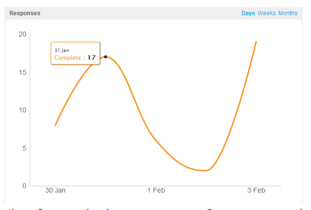Researchers are close to testing a vaccine for HIV that was developed based on data analytics. A hospital was able to predict which patients recovering from congestive heart failure might be readmitted, monitor them (a $500 cost), and prevent another hospital stay (a $15,000 cost). Another healthcare provider discovered $10 Million in underpayments within the first six months of using data analytical tools. From saving money to saving lives, the next scientific revolution will occur through data analytics, according to “The Big Idea” feature in the November Harvard Business Review.
According to the article, it wasn’t until fairly recently that we knew how to combine the right data sets to see hidden patterns in data. Now, data analytics will enable us to work on solving some of the world’s biggest problems. With 21st-century computing power, human expertise, and a systematic approach to storing, mining, and analyzing data, scientists are starting to achieve real breakthroughs. To help make breakthroughs occur even faster, researchers are going “social” with their data. They are sharing it with other experts, and even with the public, to benefit from discoveries outside their own environment. A research paper that discusses an experiment and its findings and just refers to a data set will soon be a thing of the past. It will be replaced with social bi and data sets – available to everyone to analyze and “mash-up” against data they determine, a sort of live and ongoing data analytics research project.
It’s not only researchers who are pitching in to help solve the world’s biggest problems with data analytics. Because many of the solutions will have commercial value, big companies are pitching in to help. Microsoft, for example, has researchers who mine and analyze data to attack problems in astronomy, oceanography, health care, water management, and climate change. Google helped the CDC track the spread of the flu virus, and IBM began its Smarter Planet initiative in 2008.
The world’s biggest problems have answers hiding deep in the terabytes, petabytes, exabytes, zettabytes, and yottabytes of data available to us. Data analytics, the next scientific revolution, is going to help us discover those answers!
Steve McDonnell
Spotfire Blogging Team
Image Credit: Microsoft Office Clip Art








